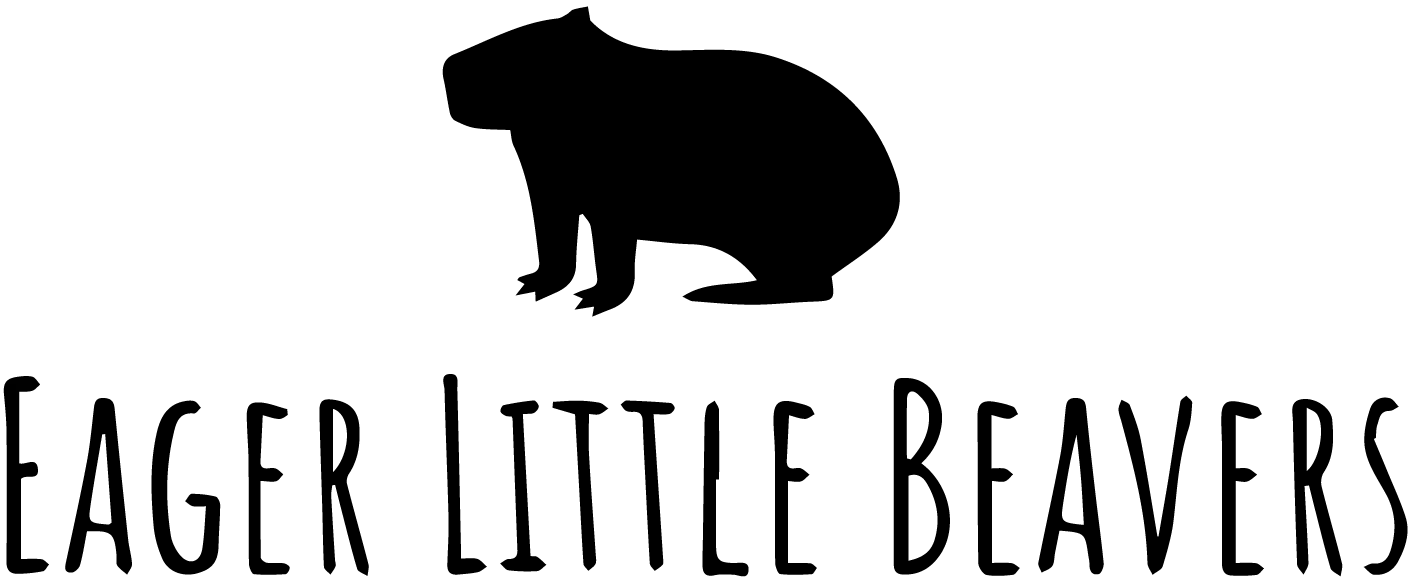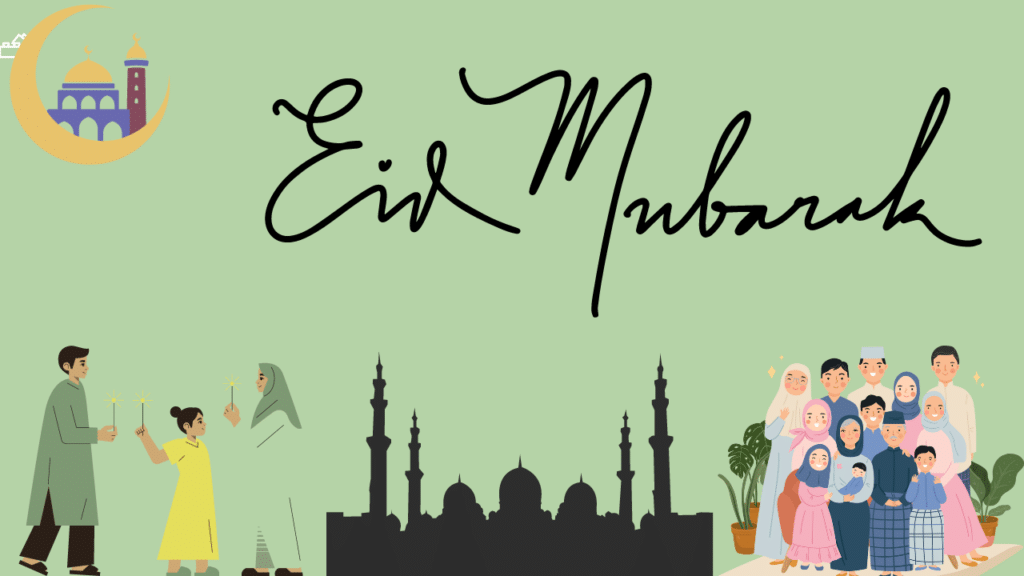It’s also important to note that you can teach all children about Eid-ul-Adha, regardless of whether they’re Muslim or not. Teaching children about cultures and religions different to their own increases understanding and nurtures their natural curiosity, which in turn helps to bring about acceptance.
Why is Eid-ul-Adha important?
Eid-ul-Adha is an important event for young children in Muslim households. It provides an opportunity for parents to instil key values such as faith, sacrifice, generosity, and family.
Known as The Festival of Sacrifice, it is one of Islam’s most significant celebrations, commemorating the Prophet Ibrahim’s piety towards Allah (SWT*). This festival holds a special place in Muslim households, particularly for young children raised with Islamic values. It provides opportunities for them to learn about Islam’s history and essential ethical values while also revelling in fun activities throughout the day.
Teaching children about Eid-ul-Adha
To help young Muslim children get closer to their faith, as well as better understand their roots, families can present Prophet Ibrahim’s story in an engaging manner to appeal to the children’s curiosity. They can convey its central theme of how trusting Allah (SWT) was what led him towards immense sacrifice without fearing the consequences of his devotion.
One important theme Eid-ul-Adha emphasises is generosity towards others at all times, regardless of one’s current situation. It’s a good reminder for Muslim families to share their blessings unconditionally with those around them, especially those who may require our assistance throughout this joyous occasion.
Eid-ul-Adha focuses on the notion of sacrifice, which highlights care, empathy, and compassion – all significant Islamic values. Sacrifices can be made in many different ways, such as giving up some of your free time to give back to your community. Teaching children about being generous and giving back to the community is one way of celebrating Eid-ul-Adha, as it demonstrates care, empathy and compassion in a practical way.
Donating money, food, or essential items to those who need help during Eid-ul-Adha remains consistent with the Islamic principles that emphasise generosity.
Helping around the home is another great way for children to be engaged in the festival. Decorating family spaces, cooking together as well as the proper etiquette for an Eid prayer is a great opportunity to foster empathy and compassion. Plus, making time for bonding activities such as traditional games or enjoying storytelling moments also helps families connect with their Islamic heritage.
Where to now?
As an important Muslim event, children can engage in other age-appropriate activities to help solidify the messages of the festival even further.
Why not make Eid cards as part of an art and craft project, or perhaps some paper lanterns? A perfect way to encourage creativity, excitement, and an enjoyment of this special day.
*(SWT) – Means “Subhanahu wa ta’ala”, Arabic for “The most glorified, the most high”. Muslims use this term after saying or writing Allah to honour and give respect to their god.




